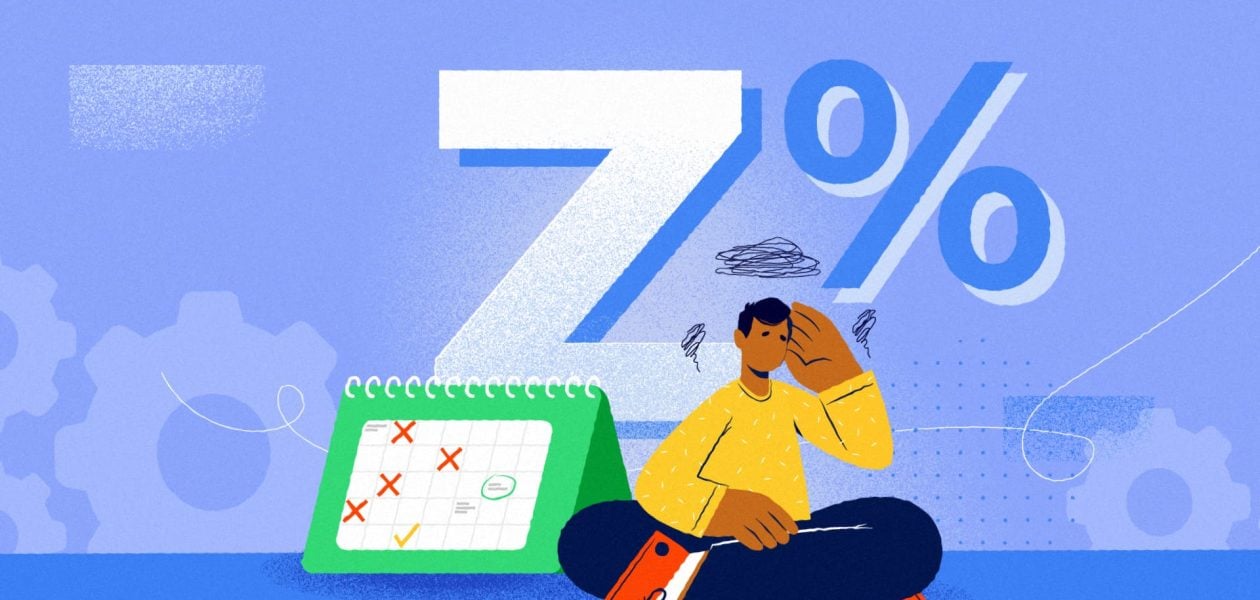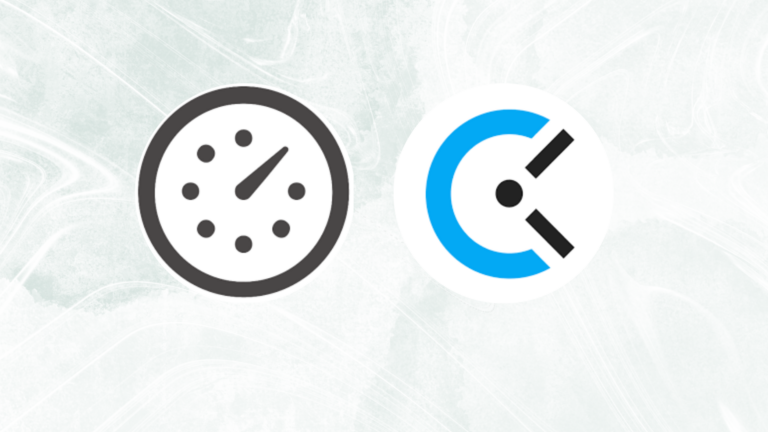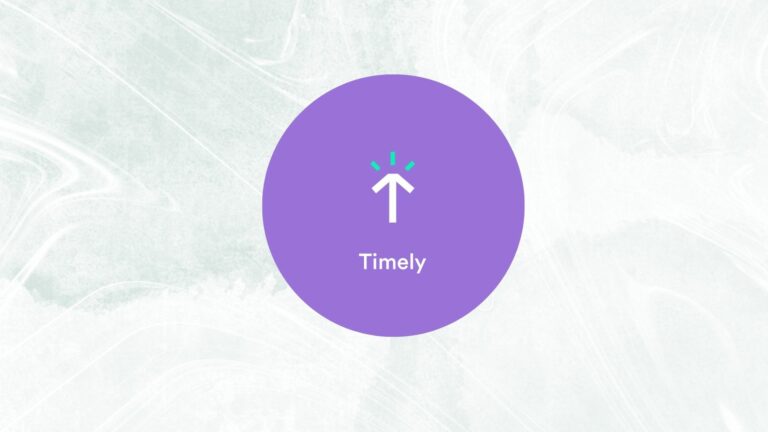Have you ever been interrupted in the middle of a task and then found it difficult to refocus on anything else? Or have you ever attempted to take a break prior to completing a task and discovered that you are unable to relax – because the unfinished task is spinning in your mind? This is an example of the Zeigarnik effect in action.
Simply put, the Zeigarnik effect is the tendency to recall incomplete tasks more vividly than completed tasks. It is effectively used in cinema, television, and literature in the form of cliffhangers – story points left unsolved in order to entice us to consume the next chapter. However, you can channel this same energy into your work.
Table of contents
Origins of the Zeigarnik Effect
In the 1920s, Bluma Zeigarnik, a Russian psychologist, noticed something peculiar. While dining out, she was amazed by the wait staff’s ability to remember multiple complex orders at the same time. Yet, once the bill was settled, the waiters completely forgot what the orders were. This intrigued her to make an assumption that people perceive both finished and unfinished business differently.
Based on her assumption, she carried out a series of experiments. She selected a group of 138 children to take part in an experiment in which they completed a range of intellectual fundamental chores such as puzzles, and math problems.
She selected a group of 138 children to take part in an experiment in which they completed a range of intellectual fundamental chores such as puzzles, and math problems.
Zeigarnik allowed them to complete half of the activities before purposefully interfering with their progress of the remaining assignments. And she discovered something fascinating: 110 of the 138 children were able to recall interrupted tasks more clearly than completed tasks — that’s about 80 percent.
Zeigarnik later also ran a similar experiment with adults and discovered that an even greater proportion (90 percent) could recall incomplete activities better than completed assignments.
In other words, the overwhelming majority of individuals — toddlers and adults alike – recall knowledge more readily when interrupted. This observation sparked research into the Zeigarnik Effect.
How The Zeigarnik Effect Works
E.J. Masicampo, an associate professor of psychology at Wake Forest University in Winston-Salem, North Carolina, explains the Zeigarnik process.
“Unfinished tasks tend to remain active in our minds, meaning they intrude into our thoughts and bias our thinking and attention, the same way as someone who is hungry will notice every restaurant and delicious smell”
If we are experiencing the Zeigarnik effect, it might have a beneficial or bad effect on our daily lives and behavior, particularly at work.
Professor Masicampo highlights one benefit of this psychological phenomenon: “It helps us remember critical activities that we need to complete.” This is why we rarely forget about the paper due next week or the large presentation due at the end of the month.
“The positive side is remaining focused on one’s goals and avoiding distractions. This is critical for success in any activity,” – Assoc Professor E.J. Masicampo
When we have something on our to-do list that we are unable to shake from our heads, it motivates us to do it and makes us more productive in the process.
At first glance, the Zeigarnik Effect appears to be a useful response: it’s helpful to recall tasks we need to complete, and it’s much more helpful to want to complete the tasks we begin. However, according to Assoc. Professor E.J. Masicampo, when it comes to problems the Zeigarnik Effect comes in two folds.
“It can be a burden in terms of crowding our minds with thoughts we don’t currently want to have,” he said. “At times we may be unaware of our unfinished tasks’ influence and they can nevertheless make it difficult for us to concentrate, thus undermining our ability to focus and be productive.”
First, every incomplete activity your brain reminds you of takes up your attention, divides your focus, and makes it harder to concentrate on the current task you are working on. According to one study, people who were stopped while performing one activity performed far worse on a subsequent task than those who were permitted to complete the first task before beginning the second.
Second, even if we are able to successfully separate your attention from work, the Zeigarnik Effect assures that our undone duties follow you home. They infiltrate your family feasts, vacations, weekends, and sleep. There will always be more work to be done.
But it’s not all bad news. Research shows you don’t have to actually complete all of your tasks in order to feel mental relief from the Zeigarnik Effect. So, how can we leverage this task-specific tension to help maintain our focus and productive momentum? So, how can we leverage this task-specific tension to help maintain our focus and productive momentum?
Ways To Boost Productivity Using The Zeigarnik Effect
Write Down Your Tasks 📝
Your brain is extremely bad at keeping a proper record. Rather than carrying chores around in your thoughts, develop the practice of writing things down as soon as they occur to you.
Keep a digital task manager like Time tackle, so you’ll always be able to keep track of all of your activities. TimeTackle is a time tracking tool that allows you to monitor your time spent on tasks in real-time and analyzes whether you are behind schedule or if you’ve met your objectives in time. It enables easy integration of many calendars from one central calendar. Saving you the hassle of tracking multiple task lists manually and allowing you to track meetings in new and creative ways. You can see everything simultaneously and at a glance.
Make A Start To Create Momentum 💨
Many of us are procrastinators, deferring chores until the last minute and then rushing through them, which can result in stress and error. If you’re anxious to begin a complicated work – even if the deadline isn’t for a while – consider getting started early. It makes no difference how long you work on it; simply beginning can have a significant effect on motivation. Once you’ve made some progress on your assignment, you’ll notice that it continues popping into your thoughts and urging you to do just a little bit more… and just a little bit more… until it’s completed. Timeboxing is a great skill that can assist you in this process by allowing you to commit to tiny chunks of time to focus on your activity; even 30 minutes can provide you with enough motivation to complete it.
End The Day With A To-do List 📃
Without the appropriate strategy, job-related anxiety can be extremely unproductive- fueling our drive to multitask and injecting task residue into our day. When our brains are constantly reminding us that we haven’t accomplished something in a while, it results in discomfort, tension, and even burnout — all of which are destructive to our productivity. To mitigate the Zeigarnik effect’s negative potential, try writing a to-do list of all your unfinished jobs at the end of each day.
According to a study conducted by Florida State University, individuals who make precise plans to complete a task at a later date have fewer distracting thoughts about their unfinished work. Thus by simply realizing that you have an outstanding assignment and, setting a time to do it, can alleviate mental tension – allowing you to get back to the task refreshed and fully focused.
Use “Work Cliffhangers” To Generate Interest And Keep Attention 📢
As aforementioned, the Zeigarnik approach is extremely effective when it is used as cliffhangers. While you may not be writing a television series or promoting a film, this does not mean you cannot utilize this same strategy to generate interest and attention for your work. If you’re delivering a presentation or pitch, take a pause at a critical point to regain your audience’s attention on the topic. Use teases to raise excitement in underwhelming internal updates or events. If you’re conducting a meeting that requires significant feedback, give your colleagues a heads up the day before; this allows individuals to prepare in advance, resulting in more thorough, relevant, and unambiguous comments.
Summary
Waiters always remember unpaid orders, but they frequently forget about ones that have been paid in advance. That is, we retain more information about incomplete activities than completed jobs. This sums up the Zeigarnik effect. A person continually focuses more on incomplete processes, as the need to complete them is quite strong. It serves as a strong motivator that can fire up even the worst of procrastinators


